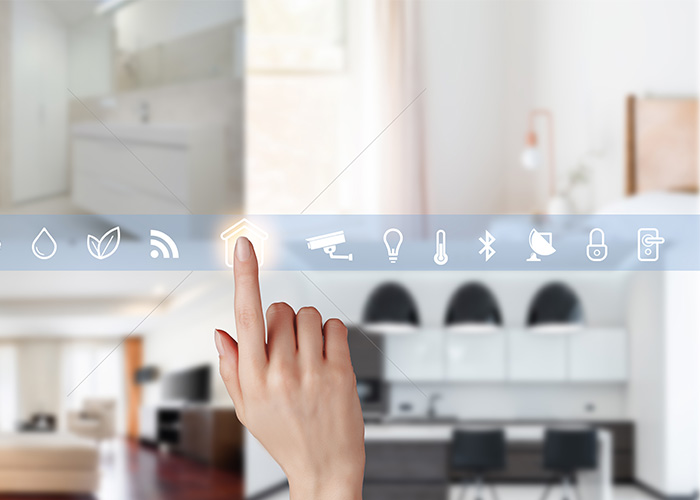How many geeks does it take to screw in a lightbulb?
Story time: Due to varying degrees of success when it comes to home automation, I have wonderful things like speakers that listen to me and help me find my phone…
However, my bedroom light switch has stopped working. This means that I current “switch” my bedroom light on by screwing in the smart bulb and switch it off by unscrewing the bulb and putting it on my bedside table…
Let’s just say my home automation journey has been delayed due to technical difficulties.
I must however admit that the phone finding speakers are amazing. I simply yell “Help me find my phone” as I struggle to put jackets and shoes on my kids and one of the many handy speakers dotted around the house politely and without judgement, lets my phone ring…(often times in my own back pocket..)
In short, the score card stands as follows in our house:
Phone finding? Total hit.
Light switching? A bit of a miss…
What else can Home Automation do for you?
Let’s look past the bedroom light situation for now. (The geek says he’s on it and the switch should be working again “within the foreseeable future”.)
Another issue that I used to have, that has now been completely solved by smart technology, is home climate control. As with many South African’s these days, we are on a waiting list for solar panels, but already have a battery wall and inverter. This is wonderful, as it allows the lights (well not all of the lights), Wifi, fridge and wall plugs to remain on during loadshedding. Brilliant! Fantastic! Wonderful! And then winter happened. Suddenly the batteries just didn’t last the 2 hours of loadshedding anymore?
Were they damaged? Had I single-handedly ruined a brand-new system by sneakily boiling the electric kettle that one time in January?
A new hope
Luckily not. Through diligent investigation (actually just walking from wall plug to wall plug), the culprits were found!
As a frosty highveld winter threatened my family’s comfort, I had, with the best motherly intentions, simply flicked on the electric panel heaters in the kid’s rooms…and forgotten about them. Last winter, in our pre-inverter dark times, this didn’t matter, as they would simply be on, or off, like everything else, during loadshedding. But this winter, the wall plugs were running through the inverter, and I was heating bedrooms with battery power. (Something I do not advise.)
Return of the Geek…
My low-tech solution was setting an alarm for 5 minutes before loadshedding each day and manually flicking off the heaters 4 times a day (and night). According to my in-house geek, this is barbaric. (He did not appreciate me rolling my eyes and pointing to the lightbulb on my bedside table.)
Thanks to a relatively straightforward home automation setup, I now have panel heaters that stick to the loadshedding schedule and don’t drain the batteries…But even better. Due to a small thermometer and a marginal amount of programming, I never have to worry about my kids staying cosy again. Indoor temperatures dip below a certain threshold? Click – heaters go on. No mess, no fuss.
It’s almost worth the bedroom light.
Yes, this might be a very niche use of home automation to improve your living conditions but trust me – this is the future of Climate Control and its better to get in on the ground floor.
Educate yourself!
https://www.home-assistant.io/integrations/climate/
https://www.smartsystems.co.za/home-climate-control.php
https://cielowigle.com/blog/10-best-smart-home-climate-control-appliances/
https://www.control4.co.za/comfort-convenience/
These local options are wonderful ways to start your Auto-climate journey. And despite my own inability to deal with my bedroom light, home automation in general isn’t that complicated.



